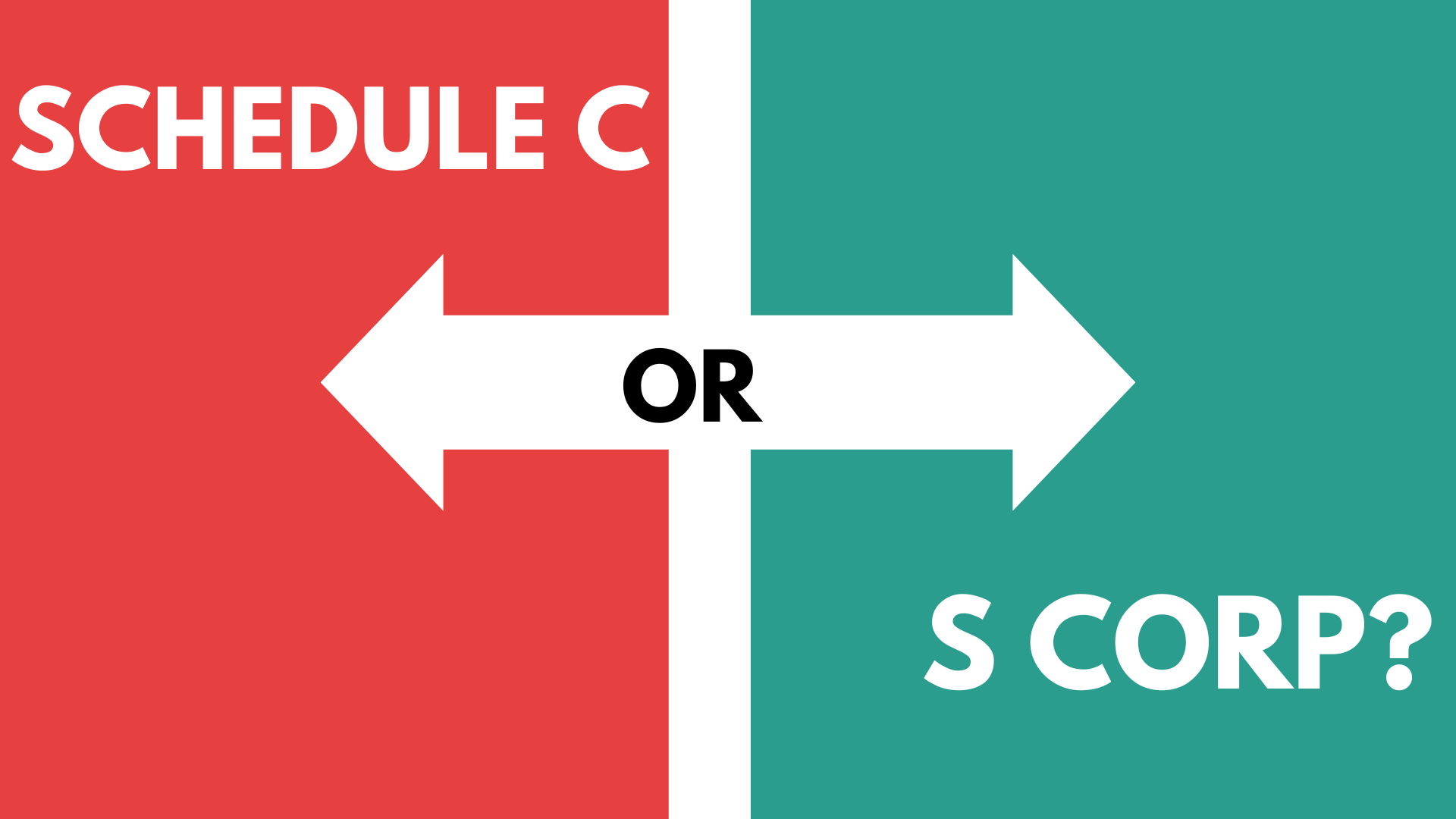Business Tips from NC Business Group
How to Choose the Right Bookkeeper for Your Business

When it comes to managing the financial health of your business, hiring the right bookkeeper can make all the difference. A skilled bookkeeper can help you keep your finances organized, ensure compliance with tax laws, and provide valuable insights for informed decision-making. But with so many candidates out there, how do you choose the right one? Here are some key steps to help you find the perfect fit for your business.
1. Define Your Needs
Start by understanding your specific bookkeeping needs. Do you require someone to handle day-to-day financial transactions, reconcile accounts, or prepare financial reports? Knowing your requirements will help you narrow down your search.
2. Look for Relevant Experience
When evaluating potential bookkeepers, consider their experience and expertise. Look for candidates who have worked with businesses similar in size and industry to yours. They should have a strong understanding of your specific financial needs and challenges.
3. Assess Technology Skills
Modern bookkeeping often involves the use of accounting software and technology. Make sure your bookkeeper is proficient in the software you use or plan to implement. Familiarity with tools like QuickBooks, Xero, or other industry-specific software can be a significant asset.
4. Ask for References
Don't hesitate to ask for references from previous clients or employers. Speaking with others who have worked with the bookkeeper can provide valuable insights into their work ethic, reliability, and professionalism.
5. Discuss Communication
Effective communication is essential in a bookkeeper-client relationship. Ensure that the bookkeeper is accessible, responsive, and capable of explaining financial matters in a way that you can understand. Clear communication helps avoid misunderstandings and ensures a smooth working relationship.
6. Consider Cost
While cost should not be the sole deciding factor, it's important to discuss fees upfront. Some bookkeepers charge hourly rates, while others offer fixed monthly fees. Make sure the pricing aligns with your budget and the services provided.
7. Evaluate Trustworthiness
Your bookkeeper will have access to sensitive financial information, so trustworthiness is paramount. Conduct background checks if necessary, and consider hiring someone who is bonded or insured for added protection.
8. Discuss Data Security
In today's digital age, safeguarding financial data is crucial. Ensure that the bookkeeper has security measures in place to protect your financial information from breaches or unauthorized access.
9. Test the Bookkeeper
Consider starting with a probationary period or a small project to evaluate how well the bookkeeper performs and whether they're the right fit for your business. This trial period can help both parties determine if they can work effectively together.
10. Utilize the Interview Sheet and Bookkeeping Questions
We've provided an interview sheet and a set of bookkeeping questions that you can use when bringing someone onto your team. These resources are designed to help you assess a candidate's qualifications and suitability for the role. Feel free to use them in your hiring process, and share them with your potential bookkeepers to ensure a transparent evaluation. (Go to our Resource Hub to download your copy)
Remember that finding the right bookkeeper may take some time, but the effort is well worth it. They play a vital role in maintaining your business's financial health and can contribute significantly to your success.
By following these steps and conducting a thorough interview process, you'll be well on your way to selecting a bookkeeper who can help your business thrive. Good luck with your search!
Recent Posts




